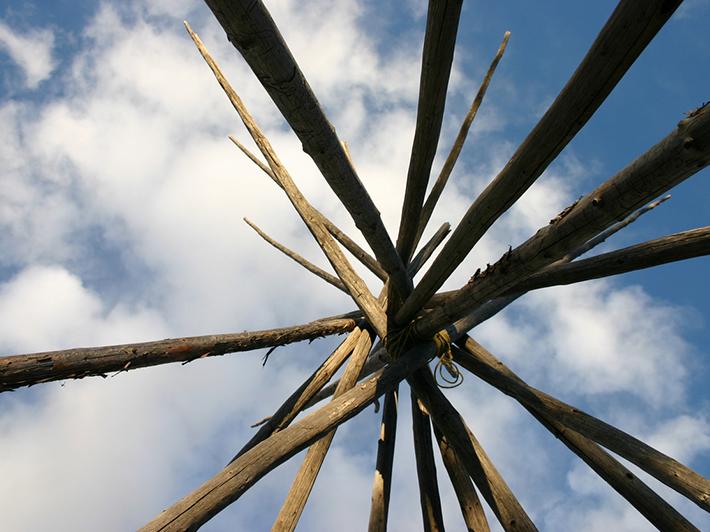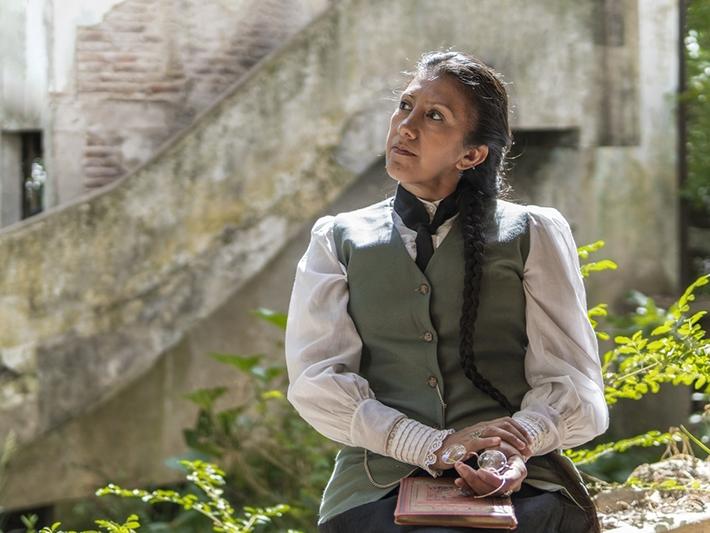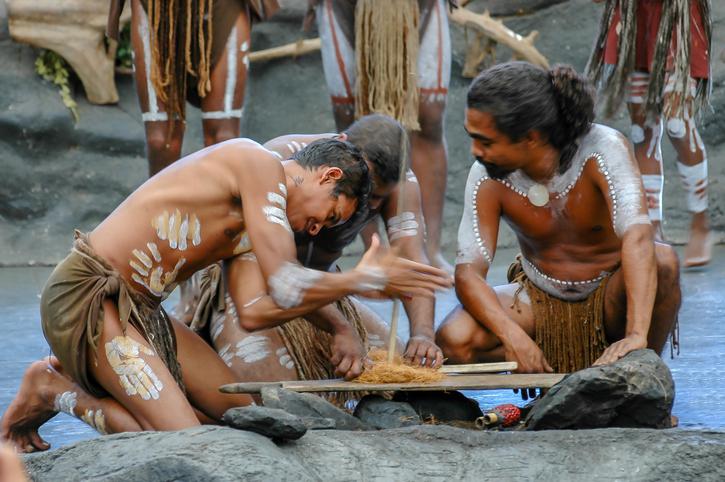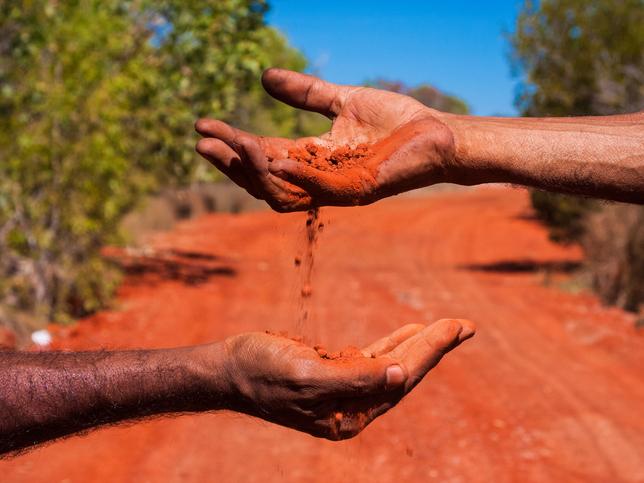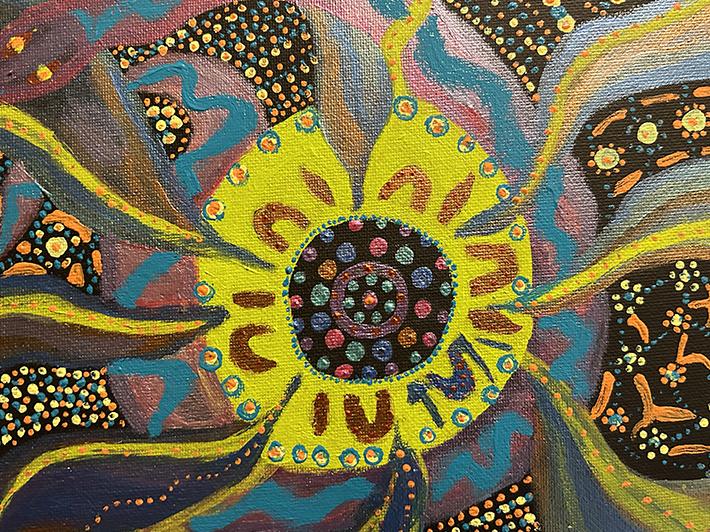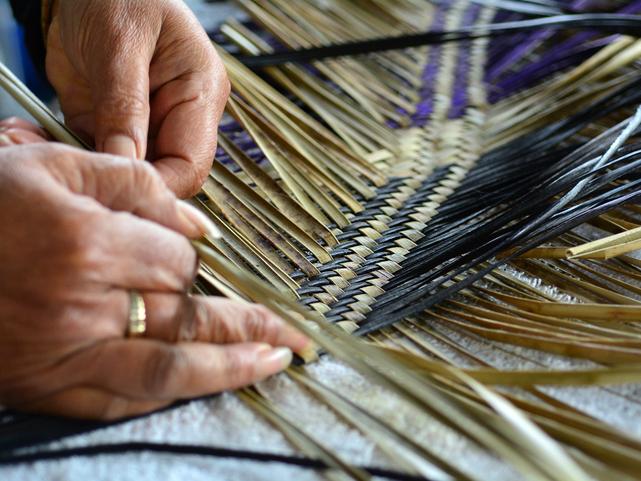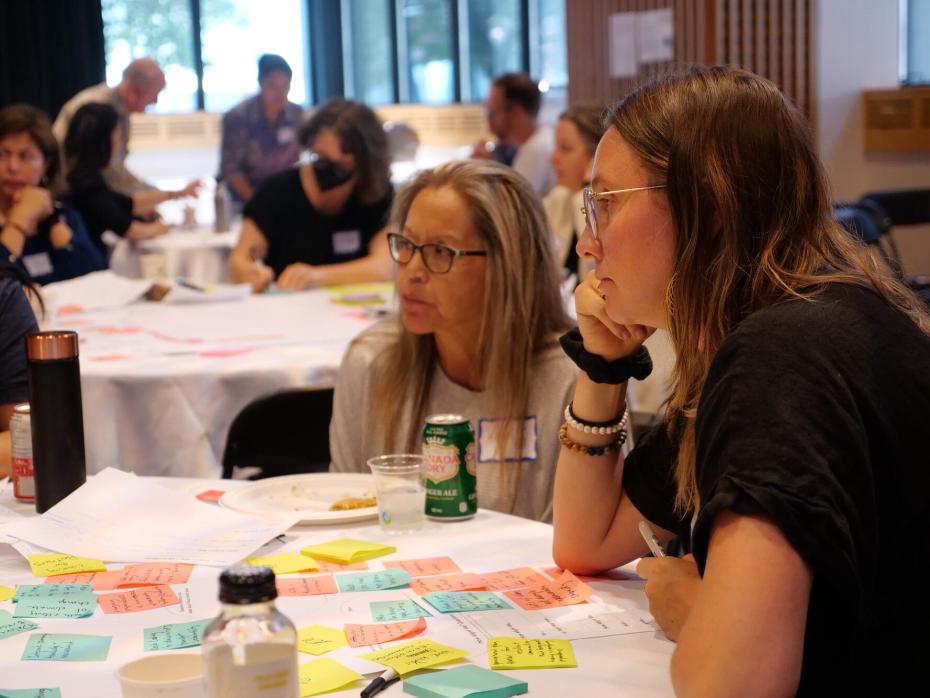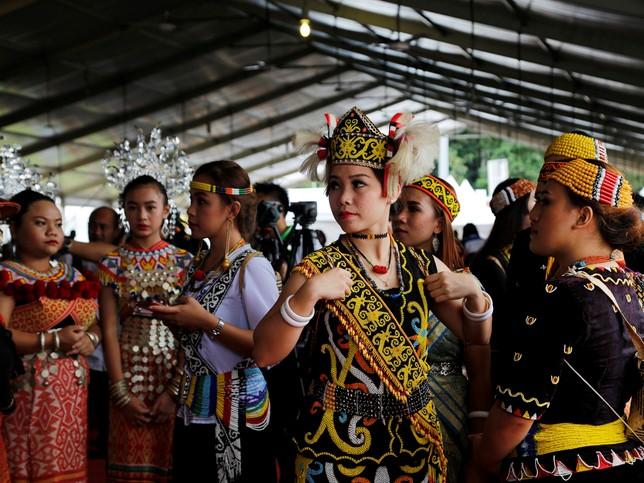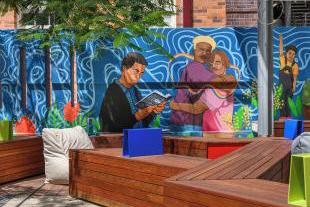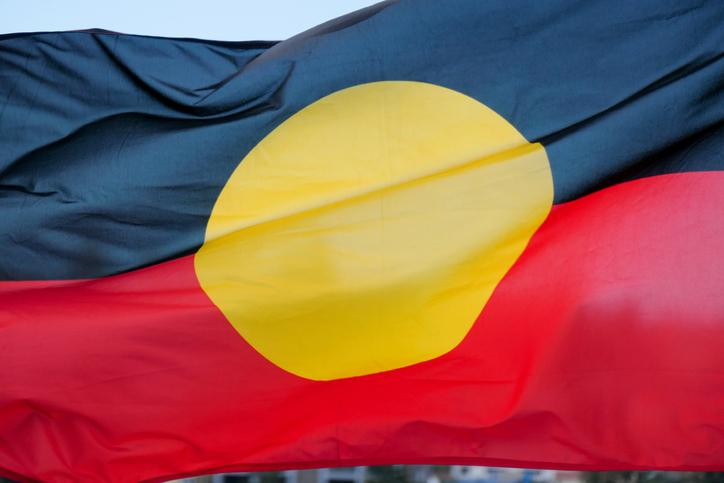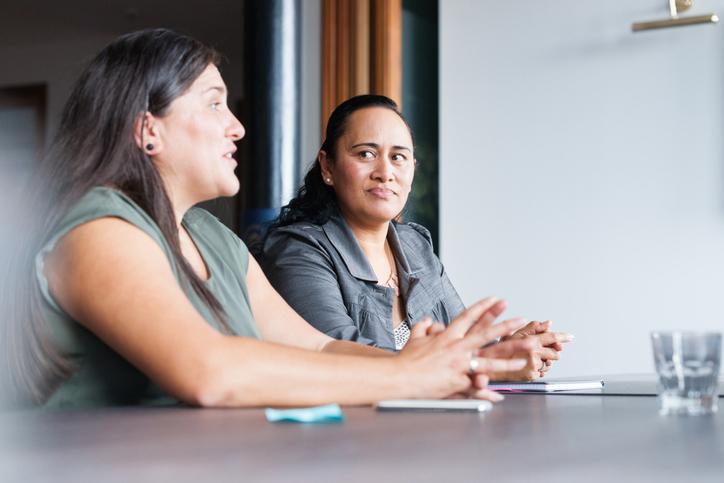First Nations knowledge has much to offer a world beset by crises yet Indigenous communities are under-represented across higher education, from undergraduate to vice-chancellor level. Addressing the issue goes beyond increasing the enrolment of Indigenous students – institutions must work to create more equitable pathways through school to admissions, tailor support on campus, and increase visibility in curricula and representation among faculty and university leadership. It’s time the academy started listening and learning from First Nations scholars’ lived experience, growing numbers of people recognise. This collection of resources from the US, Canada, Australia, New Zealand and beyond explores how institutions and academics can break down barriers to First Nations’ involvement in higher education and academia.
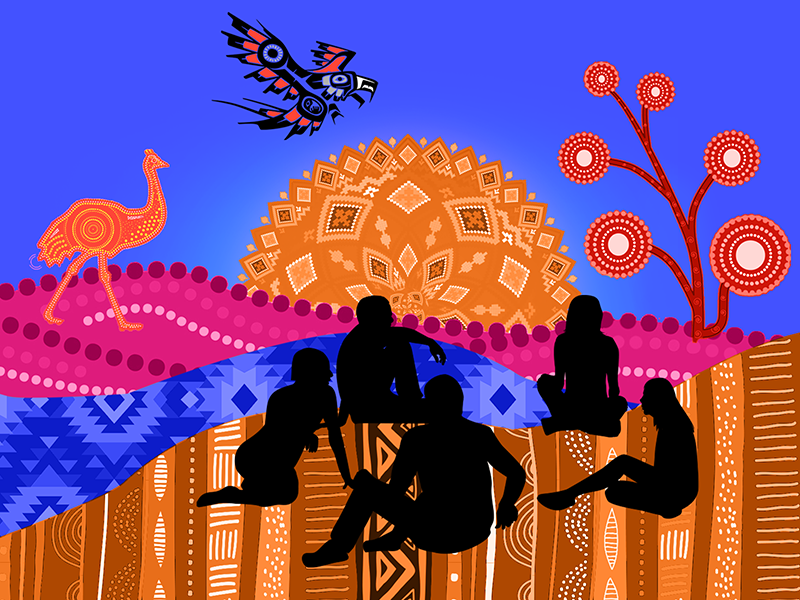
A better understanding of Indigenous beliefs, values and practices is vital to integrating diverse knowledge systems into academia in a meaningful way. But broadening curricula to bring in Indigenous voices is often an incremental process. Steps can include embracing its interdisciplinary nature, connecting with community and industry bodies, and appointing First Nations staff to guide the process.
Open, accessible pathways and tailored support have been shown to boost Indigenous participation and success in higher education. In recognition of the strengths these students bring, institutions can create a welcoming campus environment in which students can build a sense of community – find out how.
Decolonising higher education means thinking differently, re-centring knowledge and listening to marginalised voices. This applies not only in the classroom, but also to how recruitment practices, cultural working norms, governance and well-being programmes are developed and managed. Non-Indigenous faculty and staff need to engage in this effort, as these resources explain.
